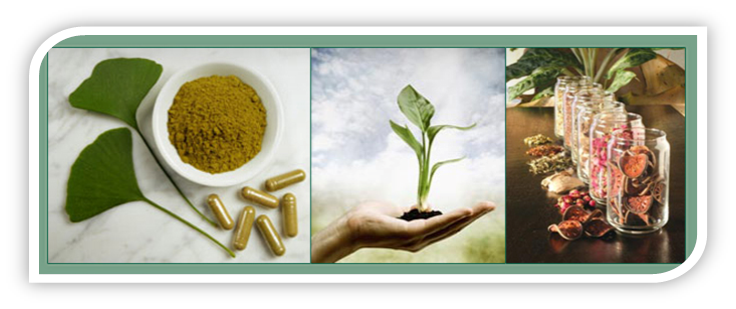 Ayurveda
Ayurveda
The term Ayurveda means ‘Science of Life’. It deals elaborately with measures for healthful living during the entire span of life and its various phases. Besides, dealing with principles for maintenance of health, it has also developed a wide range of therapeutic measures to combat illness. These principles of positive health and therapeutic measures relate to physical, mental, social and spiritual welfare of human beings. Thus Ayurveda becomes one of the oldest systems of health care dealing with both the preventive and curative aspects of life in a most comprehensive way and presents a close similarity to the WHO’s concept of health propounded in the modern era.
What is Ayurveda?
Life in Ayurveda is conceived as the union of body, senses, mind and soul. The living man is a conglomeration of three humours (Vata, Pitta & Kapha), seven basic tissues (Rasa, Rakta, Mansa, Meda, Asthi, Majja & Shukra) and the waste products of the body such as faeces, urine and sweat.
Panchamahabhutas:-
According to Ayurveda all objects in the universe including human body are composed of five basic elements (Panchamahabhutas) namely, Earth, Water, Fire, Air and Vacuum (Ether). There is a balanced condensation of these elements in different proportions to suit the needs and requirements of different structures and functions of the body matrix and its parts. The growth and development of the body matrix depends on its nutrition, i.e. on food. The food, in turn, is composed of the above five elements, which replenish or nourish the like elements of the body after the action of bio-fire (Agni).
Therapeutic Treatment:-
There are no proper treatment in other systems of medicines like allopathic for diseases such as Arthritis, Spondylitis, Lumbago, Slip Disc, Frozen Shoulder, Stress & Strain, Sciatica etc. A variety of result-proven procedures are available in Ayurveda namely Pizhichil, Njavarakishi, Abhayangam, Sirodhara, Elakizhi etc. for treating these problems.
Course:
Ayurvedic Therapy (721-722)
Objectives
Ayurveda is science of Life. It’s not only the system of mere treating illness but integration between mind, body and soul. Thats why, in countries beyond India, Ayurveda therapies and practices have been integrated in general wellness applications and in medical use as well.
To meet this requirement, NIOS has developed a vocational course in health & paramedical namely Certificate in Ayurvedic therapy, through open learning mode of education. Ayurvedic therapy works by instinct and intuition, using techniques developed through regular practice and proper guidance. The Ayurvedic Therapy course is designed for proper rational understanding and provides sound guidance for developing an ethical practice as an Panchakarma assistant. The course includes comprehensive theoretical and practical applications of Ayurveda and enables you to acquire and hone your skills in authentic massages and healing therapies adding extra value to your professional profile. The course also equips the learner in relieving physical and mental stress, support in treatment of common health issues, etc.
We are confident that this course will prove to be beneficial for you, as this course has a wide scope as learner may assist Ayurvedic doctors, Ayurvedic Consultants at Govt.or private Ayurvedic hospitals, etc.
Medium of Instruction : Hindi and English
Entry Level : 12th pass with science
Course Duration : One Year
Essential Course Duration : 300 Hours
Course Fee ; Rs. 15,000/-
Course Components :
| S.No | Title of Component | Essential Contact Hrs | |
|---|---|---|---|
| Theory | Practical | ||
| 1 | Introduction to fundamentals of Ayurveda | 50 | 80 |
| 1 | Introduction to different therapies in ayurveda | 70 | 100 |
| Total Duration | 300 Hours | ||
